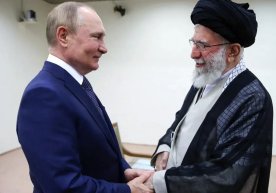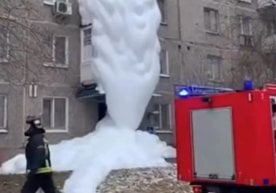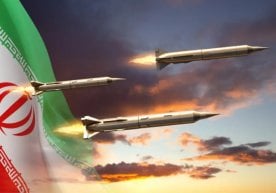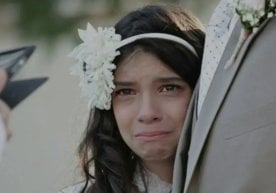Nuclear Threat in the Shadow of Peace: Who Has It, How Much, and Where?
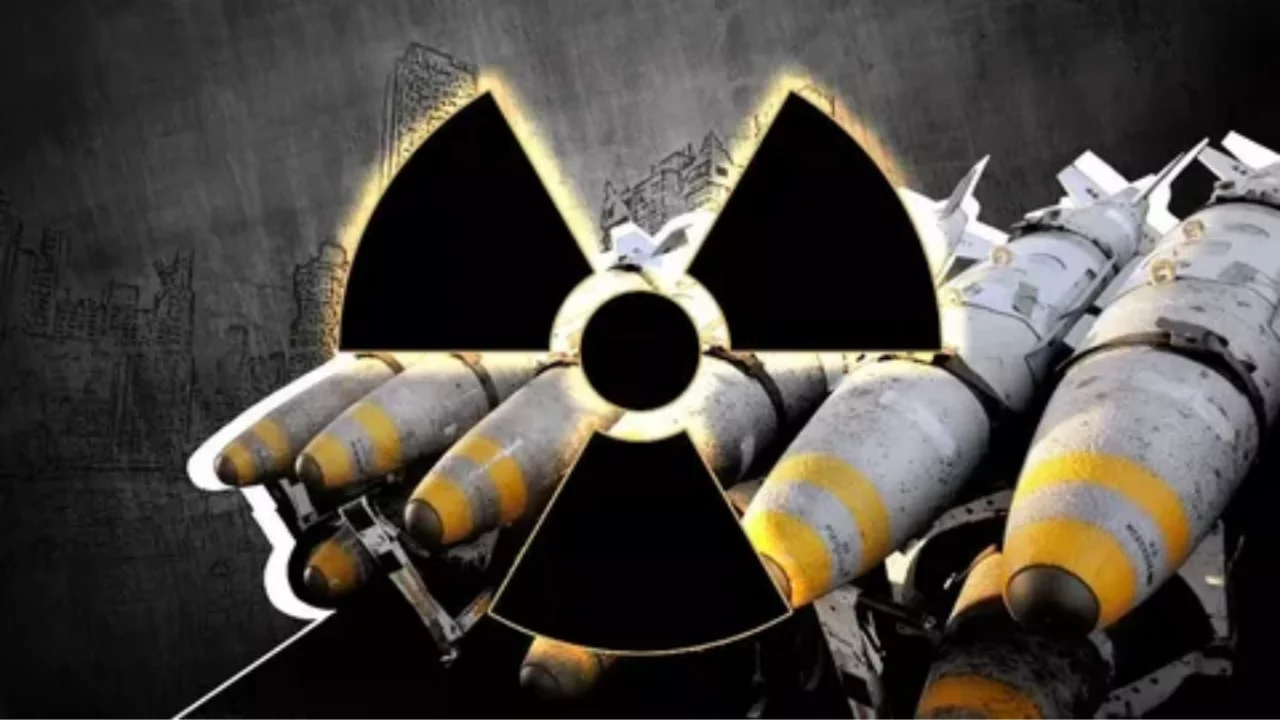
In recent years, military clashes between Israel and Iran — alongside U.S. President Donald Trump's strikes on Iranian nuclear facilities — have once again turned global attention toward nuclear weapons. Key questions have resurfaced: Which countries possess nuclear arms, how many do they have, and where are they stored?
How many countries have nuclear weapons?
As of early 2025, nine countries are believed to possess nuclear weapons: Russia, the United States, France, the United Kingdom, China, India, Pakistan, North Korea, and Israel.
Russia and the U.S. hold 87% of the world’s total nuclear arsenal. The remaining seven countries are thought to account for the other 13%.
Number and location of nuclear weapons
Total global warheads: ~12,241
In military stockpiles: ~9,614
Deployed and ready for use: ~3,912
(on intercontinental missiles, bombers, or short-range delivery systems)
Most countries do not publicly reveal exact stockpile numbers or locations. Only the U.S., U.K., and France have officially disclosed arsenal figures. Others maintain secrecy.
Israel has never officially confirmed possessing nuclear weapons, but experts estimate it holds around 90 warheads.
Which countries host foreign nuclear weapons?
Some nations allow other countries — primarily the U.S. or Russia — to store nuclear weapons on their soil.
The United States is believed to store approximately 100 nuclear weapons across five NATO countries:
Germany
Belgium
Netherlands
Italy
Turkey
These weapons are under U.S. control and are part of NATO’s deterrence strategy.
Russia announced in March 2023 that it planned to deploy tactical nuclear weapons in Belarus. However, as of 2025, there is no confirmed evidence of their physical presence.
Will the number of nuclear weapons increase?
At the height of the Cold War, global stockpiles reached 70,000 warheads. Though numbers declined in recent decades, today’s geopolitical tensions — including war in Ukraine, the Iran-Israel conflict, and the China-Taiwan standoff — could reverse that trend.
Experts believe a new nuclear arms race may be underway. While nuclear weapons are viewed as security guarantees, their effectiveness in ensuring peace is being questioned.
For example, Israel’s nuclear arsenal has not deterred attacks from hostile groups. Similarly, Western countries continue to aid Ukraine despite Russia’s nuclear threats.
Only nine nations possess nuclear weapons, but their distribution and security play a crucial role in global stability. As global conflicts intensify, there is a growing risk that nuclear arsenals will expand — posing a serious threat to humanity. Read “Zamin” on Telegram!
Ctrl
Enter
Found a mistake?
Select the phrase and press Ctrl+Enter 
















